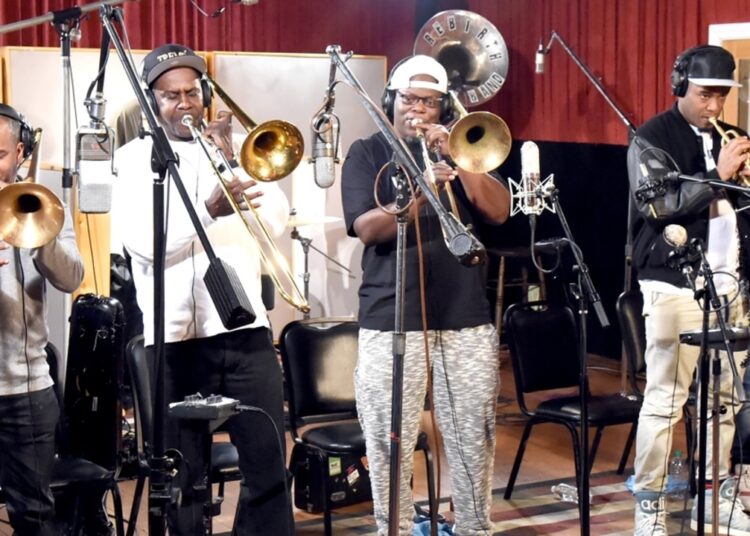In 2014, director Martin Shore took audiences on a journey, exploring the rich musical culture of Memphis, Tennessee. Seven years later, Shore has returned with another damn fine musical documentary which honors and celebrates the also rich musical tradition of New Orleans, Louisiana. Narrated by New Orleans resident, John Goodman, the film not only serves as history lesson of the music and culture of Louisiana, it also shows that the musical tradition is very much alive, well, and thriving among multiple generations of artists and musicians living there.
Take Me to the River: New Orleans also presents some rare and wonderful performances by many musicians and artists that have lived in New Orleans, some of whom for quite some time. The documentary presents songs and music by New Orleans own Neville Family, Dirty Dozen Brass Band, Dumpstaphunk, The Meters, Big Chief Monk Boudreaux, and many others. The film also presents some of these artists recounting their experiences when Hurricane Katrina led to massive flooding in their beloved city, and how this horrible disaster affected their lives and careers.
With a straight forward and no-frills approach, writer/director/producer Martin Shore keeps the focus of the movie mostly on the music and songs, but also reveals the hearts and passions the people who created such exciting and beautiful music in “The Big Easy” for so long. It truly is a vibrant and fulfilling experience to sit back, crank up the volume and just marvel in the energy and talent of the people putting all of their love into their art.
I know this documentary will eventually be very accessible for enjoyment in one’s home; however, if anyone has to chance to enjoy it in a theater with a fantastic sound system, that is the best way to experience this film. Take Me to the River: New Orleans is already showing in New Orleans, but will open in New York and Los Angeles on 4/29/2022, with more theatrical releases planned nationwide. It is delightful celebration of the musical culture of “The Big Easy.”
